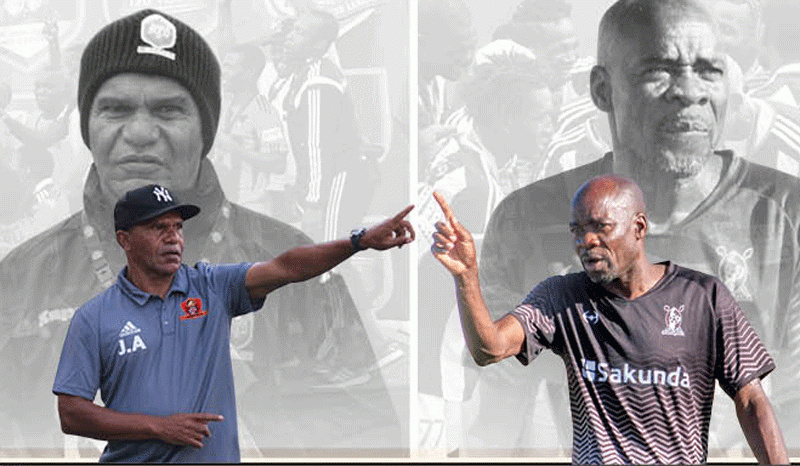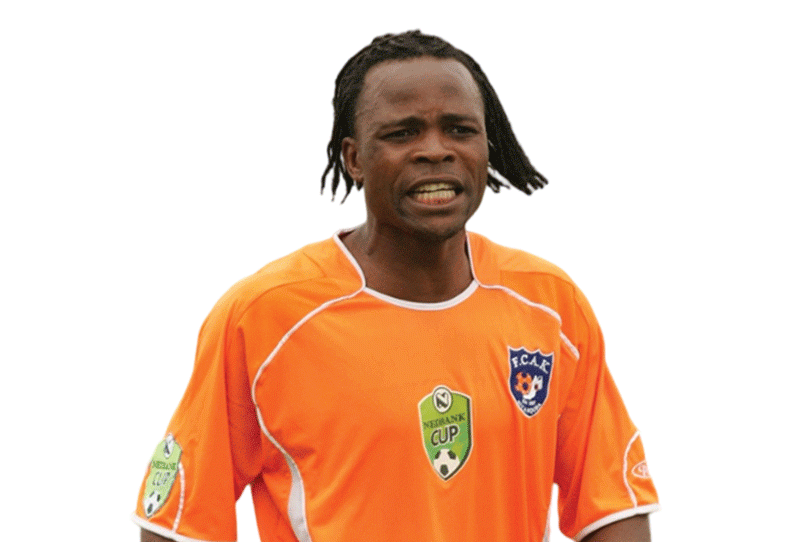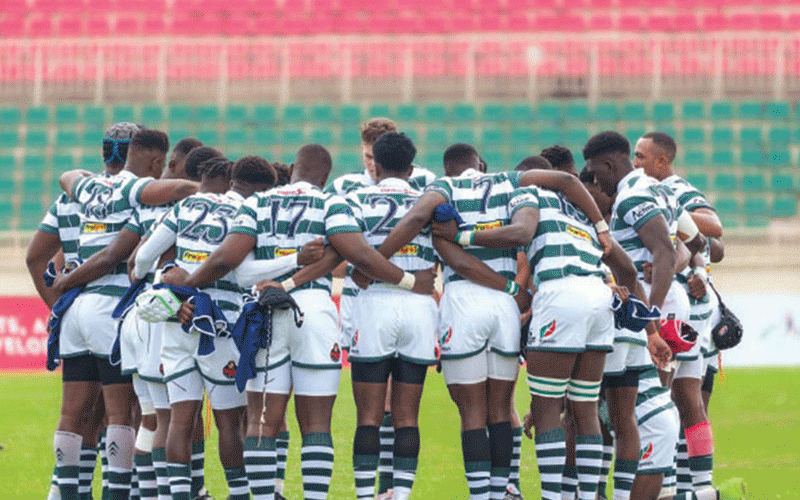
It did not end there. Mutero (24) made stunning claims that she had had a one year affair with one of the team’s coaching staff and was infected with HIV.
Five years after her death, her resting place is among the rundown graves in the satellite town cemetery forgotten by the football community and local authorities charged with maintaining the graveyard. Part of her grave has been laid bare by the elements. There are no flowers on the grave but a rusting plate and a cup on top of the mound of earth.
Mutero was one of the founder members of the women senior team, who coined the name Mighty Warriors, following their exploits when they reached the finals of Women’s Championships.
She was among the star-studded team that had players such as Rosemary Mugadza, Precious “Gringo” Mpala, Nomsa “Boyz” Moyo and Pretty Phiri. The other top players were Ruth Banda, the spouse of Zimbabwe international hardman and Mamelodi Sundowns player Esrom Nyandoro.
“Our football (leaders) have a short memory. They forget their heroines. We thought we would hold a memorial game for her but that has not happened,” said Susan Chibizhe, the former Zimbabwe Women’s Soccer League chairperson. In the real sense of the word Mighty Warrior, Mutero fits the bill. Not only did she score goals for the women’s senior national soccer team — she also scored a first when she became the first high profile Zimbabwe sports personality to disclose her HIV status. Since then, not a single sportsperson has disclosed their HIV status.
She battled with the disease for months before losing the fight. Back then in 2004, Mutero told this reporter: “I went for tests after we started having problems. I was diagnosed as HIV-positive. I can only blame him (the coach) because all along I was in good health. We had been going out for a year and I had no health problems before.
“I was faithful to him and when the relationship ended I got dumped from the team.
- Chamisa under fire over US$120K donation
- Mavhunga puts DeMbare into Chibuku quarterfinals
- Pension funds bet on Cabora Bassa oilfields
- Councils defy govt fire tender directive
Keep Reading
“It appears the breakdown of our relationship cost me a place. I took up the issue with the Zimbabwe Women’s Soccer League.”
The Zifa Board at the time promised that a full inquiry would be launched into the sex scandal that hit the pride of the women’s football Some of the players were also reported to have been impregnated by the members of the technical department. The inquiry also looked into claims of widespread abuse of female players in national team camps and at their clubs, by coaches and administrators. However, like many other football inquiries, nothing came out of it.
“I am not campaigning for reparation but we should honour some of the founder members of the Mighty Warriors. Many of them are living in abject poverty.
“It was terrible to see Yesmore dying in extreme poverty. There was no food at her home and she couldn’t pay her rent,” Chibizhe said.
“We could at least have a tombstone at Yesmore’s grave and organise a memorial game for her. Some years back we signed a memorandum of agreement with the Germany government and we agreed that we would send some retired players for coaching courses but that has not happened,” Chibizhe said.
The sight of the dilapidated state of Mutero’s grave is a reminder that the sport forgets its heroes and heroines when their playing days are over.











